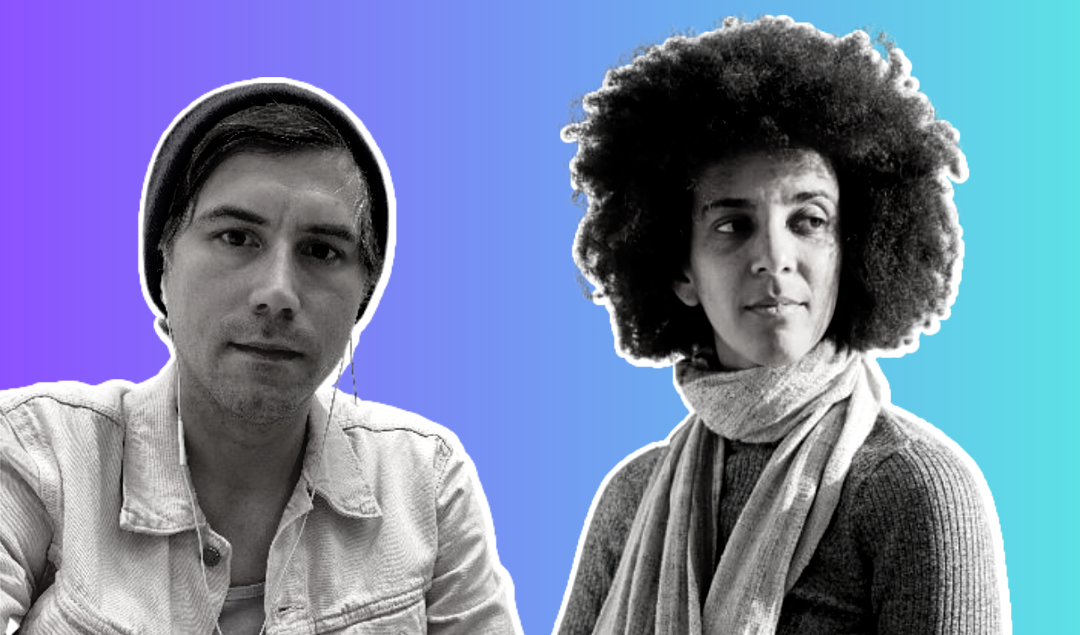More and more prominent tech figures are voicing concerns about superintelligent AI and risks to the future of humanity. But as leading AI ethicist Timnit Gebru and researcher Émile P Torres point out, these ideologies have deeply racist foundations. TESCREAL “So another “godfather” of AI, Turing Award Winner Yoshua Bengio has decided to FULLY align himself with the #TESCREAL bundle, writing about “rogue AI” and prominently citing people like Nick Bostrom,” tweeted Gebru, founder of the Distributed AI Research Institute (DAIR). TESCREAL, coined by Émile Torres and Gebru, stands for Transhumanism, Extropianism,
Last week, notable tech figures, including Elon Musk, Apple co-founder Steve Wozniak, and politician Andrew Yang, signed an open letter by Future of Life calling for researchers to “pause the development of any AI systems more powerful than GPT-4 for 6 months.” Commotion ensued. Some people withdrew their signatures, others were exposed as fake, and AI experts worldwide criticized the letter’s ethos, claims, and demands. Here’s what you need to know. What’s so special about GPT-4? In an interview on March 15, OpenAI’s chief scientist said “”we are now reaching
AI is becoming an integral part of our society. This is good news in many ways. AI will bring efficiency to many sectors, for example, in healthcare where it is being used to assign patients to care programs based on their needs. However, in 2019, a study revealed that an algorithm used for this purpose in US hospitals was less likely to recommend Black patients than white patients who were equally sick. When AI can’t recognize Black women Algorithmic bias is not only an issue for AI in healthcare, it
Whether we’re talking about ChatGPT, AI lawyers or the chatbot that lets you chat with Tupac in real time – generative AI is taking the world by storm. But these systems are also reproducing many of the same biases we see in the real world – from sexist performance reviews to racist images. Leading AI ethicist Dr Timnit Gebru, known for her groundbreaking research on the risks of large language models, was forced forced out of her position as the co-head of Google’s AI ethics team after raising issues of
Timnit Gebru, a widely respected leader in AI ethics research, is known for co-authoring a groundbreaking paper that showed facial recognition to be less accurate at identifying women and people of color, which means its use can end up discriminating against them. Gebru, who recently founded her own firm, an independent artificial intelligence research institute, was awarded $3.7 million in funding after she was fired by Google. And now she’s been cited as a case study by Harvard Business School’s research team in a new paper that details her experiences being ‘silenced’ by
Timnit Gebru, a former leading artificial intelligence computer scientist that worked at Google before the firm fired her, has just set up her own firm, the Distributed Artificial Intelligence Research Institute (DAIR). Google had fired Gebru when she published academic papers denouncing the tech giant’s AI’s work on large language models that help retrieve answers to controversial search inquiries. The firm, an independent artificial intelligence research institute, was awarded $3.7 million in funding from the MacArthur Foundation, Ford Foundation, Kapor Center, Open Society Foundation, and the Rockefeller Foundation. Her company is









